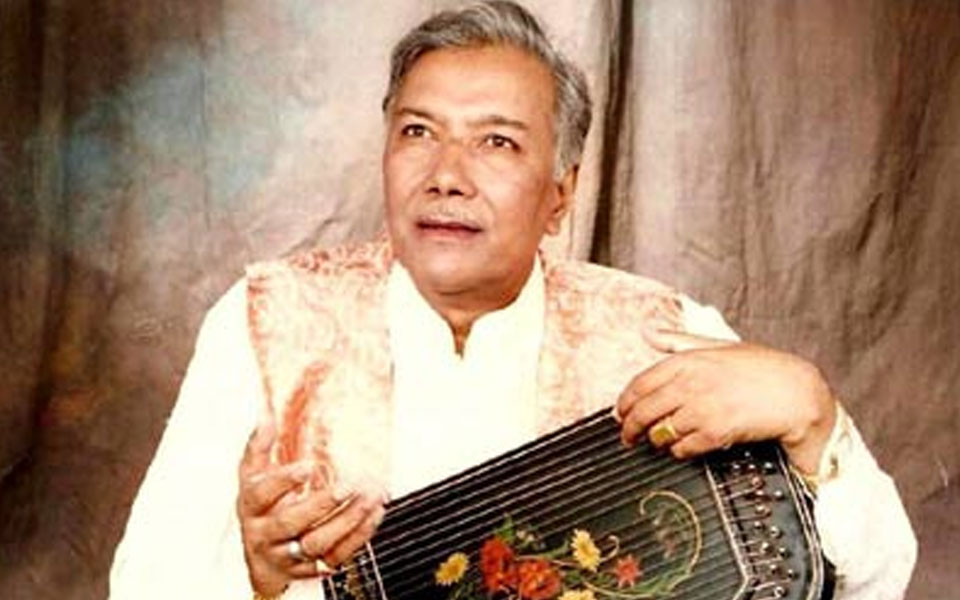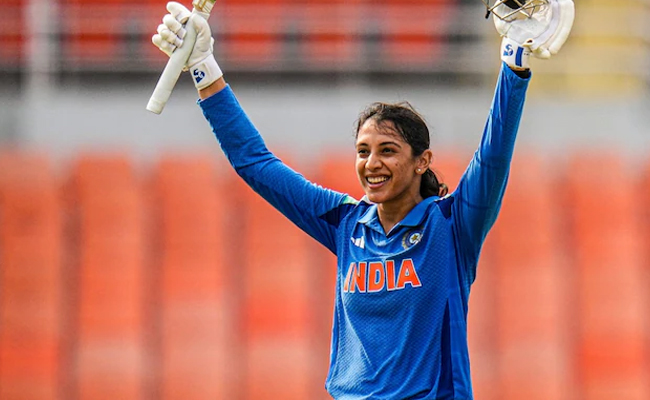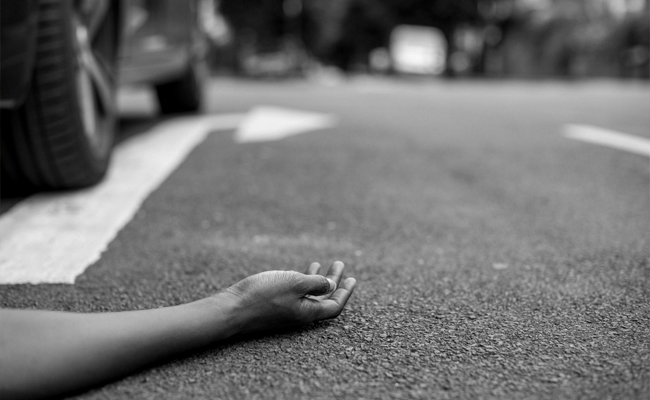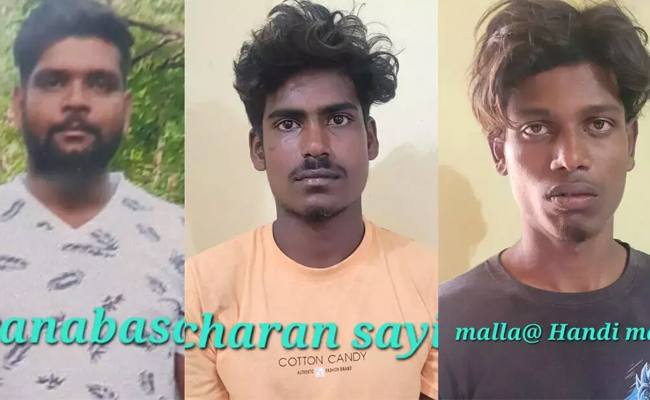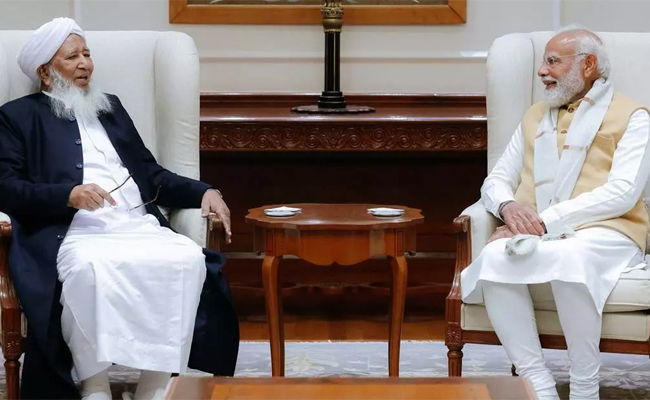New Delhi, Mar 1: Padma Vibhushan awardee Ustad Ghulam Mustafa Khan says as a young boy he used to practice in a graveyard so that he could sing without any inhibition or distraction and also without disturbing anyone.
Eighty-seven-year-old Khan recalls he uttered his first words as a child quite late and his parents had to try out various methods to make him speak.
The legendary Hindustani classical vocalist has come out with his memoir "A Dream I Lived Alone", co-written with daughter-in-law Namrata Gupta Khan.
In an interview, Khan told PTI about several interesting facts about his life which he also mentions in his book, published by Penguin Random House.
On his practising music in the graveyard, he says his sole motive was to do his riyaz and there was no sense of fear or hesitation. Khan was around 12 years old then.
His guru used to take his daily nap after lunch and would ask Khan to go home and practice. But home was not the right place as he got distracted.
"The graveyard was desolate and a perfect place for me to do my riyaz. I did not have to worry about anybody and sing my heart out," he says, adding he kept it as a secret.
Khan was born on March 3, 1931 in Badaun in Uttar Pradesh. He was the eldest son in a family of four brothers and three sisters. His father, Ustad Waris Hussain Khan, was the son of Ustad Mureed Baksh, who was a great musician, and his mother, Sabri Begum, was the daughter of the founder of the Rampur-Sahaswan gharana of music, Ustad Inayat Hussain Khan.
He got his basic classical music training from his father and later studied music under his cousin, Ustad Nissar Hussain Khan, who is known for his Kangan Mudaria in Raag Multani.
Khan says it was upon the advice of Ustad Nissar Hussain Khan that he learnt light and semi-classical forms such as thumri, dadra, kajri, the poetic forms of the geet and the ghazal and spiritual forms including bhajans, besides the classical forms of composition, dhrupad and khayal.
He also says that he began to speak quite late and had not said a word till the age of two. His parents were quite worried but did not give up hope.
"My father used to make me lie on his chest, face downwards, and try to say something as he sang in front of me," he says.
Khan's mother later told him that the young boy could utter some 'ya ya ya' sounds imitating his father.
"My father continued to work on me in a similar fashion as he believed that if I exerted myself to bring out sounds, lying on my stomach, it would strengthen my vocal chords as well as 'open up' my lungs," he says.
This remedy worked because soon afterwards, Khan uttered his first words and gradually started speaking like other children of his age.
Khan performed at a concert for the first time at the age of eight.
"The then municipality chairperson Ali Maqsood used to organise a Janmashtami function in Badaun every year. In 1939, I got an opportunity to perform. It was at the Victoria Garden (now Gandhi Maidan) in Badaun," he recalls.
Namrata, wife of Khan's son Rabbani, says as the co-writer of the autobiography, she plays the part of a 'sutradhar'.
She mooted the idea in 2012 and completed the draft in 2016.
"Over many conversations, I listened to his stories and recollections and made notes," she says.
Let the Truth be known. If you read VB and like VB, please be a VB Supporter and Help us deliver the Truth to one and all.
New Delhi (PTI): Star batter Smriti Mandhana, who played a pivotal role in India's historic 2025 Women's World Cup triumph, was named the BBC Indian Sportswoman of the Year for 2025 at a glittering function here on Monday.
Chess prodigy Divya Deshmukh won the Emerging Player of the Year award, for her historic FIDE Women's World Cup triumph at just 20.
Preethi Pal was named the Para-Sportswoman of the Year, for winning two bronze medals at the 2024 Paris Paralympics in track and field, while Anjali Bhagwat was honoured with the Lifetime Achievement Award, recognising her pioneering career as India's first woman shooter to reach an Olympic final and her trailblazing success on the world stage.
Mandhana, who is currently touring Australia with the Indian team for multi-format bilateral assignments, said in a video message: "Thank you BBC for giving me the awardfor Best Sportswoman of the Year. 2025 was a special year for women's cricket, especiallytowards the end we had a World Cup and I'm happy I could contribute and help India win matches.".
At 29, the left-handed batter is already among the game's greats, with the second-highest number of centuries in women's One Day Internationals and ranking third in total runsscored among current players worldwide.
Hailing from Sangli city in Maharashtra, the affable Mandhana was inspired by her father and brother, both of whom played cricket at the district level.
In September last year, she made a 50-ball hundred against Australia – the fastest 50 over international ton (men and women) by an Indian in the format, breaking Virat Kohli's record.
The award winners were decided by a distinguished grand jury comprising Leander Paes, Deepa Malik, and Anju Bobby George.
Praising the athletes' achievements CEO of BBC News, Jonathan Munro said: "Congratulations to this year's winners who showcase the very best in sporting excellence. The BBC World Service is committed to bringing such stories of human endeavour and outstanding success to audiences across India and around the world.".
Additionally, the ceremony also celebrated a wide spectrum of talent and impact, recognizing star performers and changemakers for redefining the landscape of Indian sport.
BBC Star Performers of the Year 202.
• Indian Women's Cricket Team: for their historic World Cup victory.
• Ekta Bhyan, Deepthi Jeevanji and Preethi Pal: for their trailblazing performances at the World Para Athletics Championship.
• Indian Women's Cricket Team for the Blind: for their inspiring World Cup victory.
• Indian Women's Kabaddi Team: for their smashing victory in World Cup.
.
BBC Changemakers of the Year 202.
• Indian Women's Ice Hockey Team: for breaking barriers in a non-traditional sport.
• Rajbir Kaur: Indian field hockey player and former captain of the women’s national team.
• Savita Punia: Indian field hockey player and current member of the national team.
• Paani Devi: recognised for her impactful contribution to grassroots sport.

